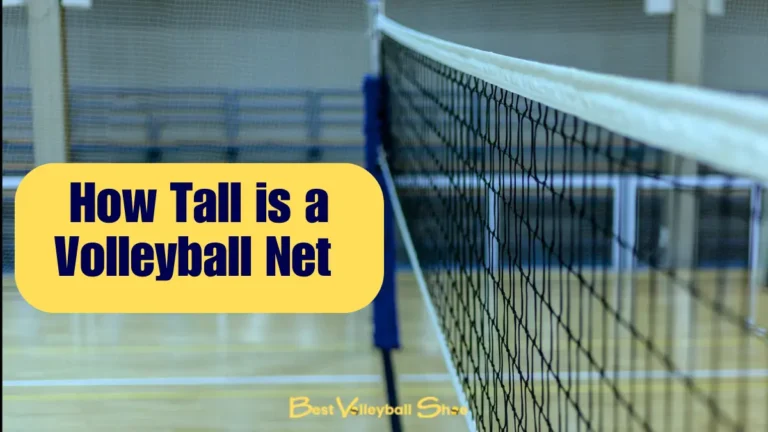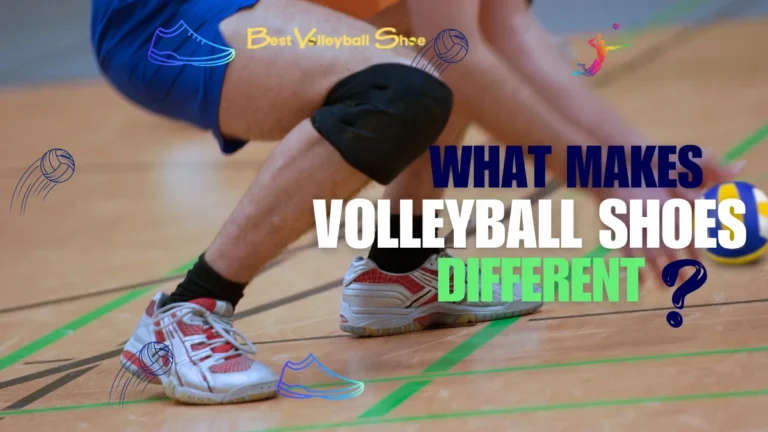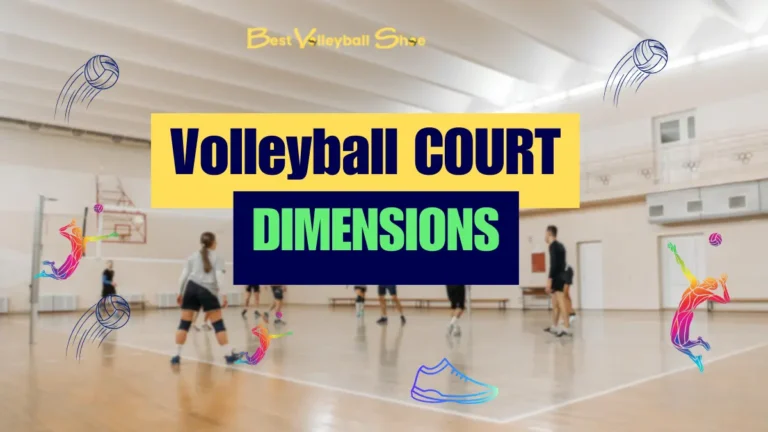When Is Volleyball Season
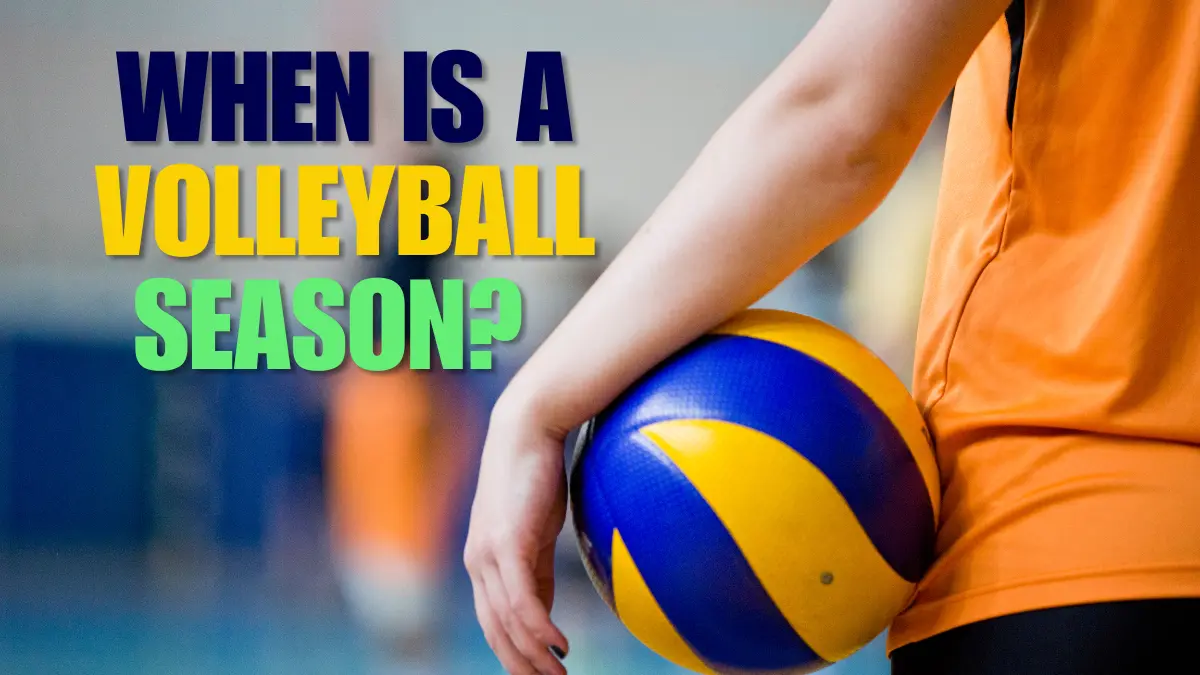
Volleyball is an exciting and beloved sport enjoyed by millions of people across the globe, from casual beach players to dedicated professionals. Like any competitive sport, players progress through different levels as they get better and better.
Understanding the different levels and when each volleyball season takes place is essential for players, coaches, and fans alike. Usually, high school and college volleyball seasons run from August to November. Club volleyball happens during the off-season, often from November to April.
As a volleyball enthusiast with over a decade of experience in the field, I want to share something more, from the sport’s structure to its timeline. So, If you do not know when is volleyball season starts and ends period, the unique benefits and challenges of each level, and what it takes to excel at every stage, let’s discuss it in detail.
When is Volleyball Season in Middle School?
Middle school students usually play volleyball in the fall. The exact dates can be different depending on the school district and state, but it typically starts in late August or early September and goes until October or November.
Benefits of Middle School Volleyball
During this time, middle school volleyball teams often play in local groups and events. These give young players a chance to:
Playing in these groups and events allows middle schoolers to improve their skills, learn game plans, and grow to love volleyball.
When is Volleyball Season in High School?
High school volleyball is typically played during the fall months. The season usually starts in August or September and ends in October or November. The exact dates may vary based on the state and school district.
Competitive Play
During the fall season, high school volleyball teams compete in various competitions, including:
- Regional tournaments
- State tournaments
Many high school teams’ primary goal is to qualify for the state championships, where they can compete against the best teams from across the state.
Spring Volleyball Opportunities
Some high schools may offer a spring volleyball season, although this is less common than the fall season. Spring volleyball may be organized as follows:
- Club programs
- Intramural programs
These programs provide additional opportunities for students to play volleyball outside of the traditional fall season.
Benefits of High School Volleyball
Participating in high school volleyball offers several benefits to student-athletes, such as:
High school volleyball allows students to further their passion for the sport while preparing them for potential future opportunities in volleyball at the collegiate level.
When is College Volleyball Season?
College volleyball is played during the fall semester. The season usually begins in late August or early September and continues through November or early December.
NCAA Divisions
Volleyball is played at various levels within the National Collegiate Athletic Association (NCAA), including:
- Division I
- Division II
- Division III
Each division has its championship tournament at the end of the season.

Division I Women’s Volleyball Championship
One of the most prestigious events in college volleyball is the Division I Women’s Volleyball Championship. In this tournament, the best teams from around the country compete for the national title.
Tough Schedule
College volleyball teams have demanding schedules throughout the season, which include:
Student-athletes must balance their volleyball commitments with their academic responsibilities.
Benefits of College Volleyball
Participating in college volleyball offers numerous benefits to student-athletes, such as:
College volleyball provides student-athletes with a challenging and rewarding experience that can shape their athletic and personal growth.
When Does Club Volleyball Season Start?
Club volleyball seasons are not always the same. They can vary based on who runs the club and where it is located. Most of the time, the season starts when school volleyball is not happening. For many clubs, this means the season begins in November or December.
How Long It Lasts
Club volleyball seasons usually continue through April or May. This gives players a chance to keep practicing and playing volleyball at a high level, even when they are not playing for their school team.
Tournaments
Many club volleyball teams go to tournaments in their region or across the country. At these tournaments, players can show off their skills to coaches and people who might want them to play for their college team one day.
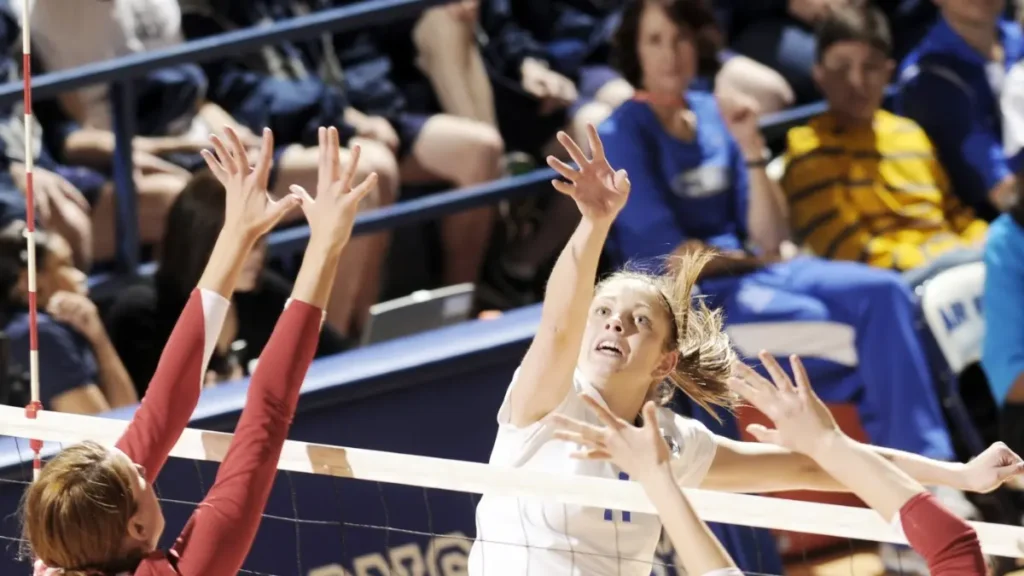
Benefits of Club Volleyball
Playing club volleyball can be very helpful for young volleyball players. It lets them:
Club volleyball is a great way for players to keep improving their skills and enjoying the sport they love.
Volleyball Seasons Overview
| Category | Start Date | End Date |
| Middle School Volleyball | Late August/Early September | October/November |
| High School Volleyball | August/September | October/November |
| College Volleyball (NCAA) | Late August/Early September | November/Early December |
| Club Volleyball | November/December | April/May |
These dates are rough estimates and can differ based on the league, organization, or region. Seasons might also change due to weather or other unexpected events.
Last Words
To sum up, Knowing when volleyball season helps players, coaches, and fans. From middle school to professional leagues, volleyball offers opportunities for competition and growth throughout the year.
By familiarizing yourself with the various seasons and their timelines, you can better plan your training, competition schedule, and spectating opportunities. Whether you’re a seasoned player or new to the sport, volleyball provides a dynamic and exciting experience for all involved. So grab your kneepads, lace up your shoes, and get ready to dive into the world of volleyball!
Frequently Asked Questions
Can I play volleyball year-round?
Yes, with the various school, club, and beach volleyball seasons, it is possible to play volleyball throughout the year. However, it’s important to allow for proper rest and recovery between seasons to prevent burnout and injury.
How long does a typical volleyball season last?
The duration of the volleyball season changes based on skill level and the league or group. School seasons typically last around 2-3 months, while club seasons may extend for 5-6 months. Professional leagues have varying season lengths, ranging from a few weeks to several months.
How can I prepare for volleyball season?
To prepare for volleyball season, focus on physical conditioning, skill development, and mental preparation. Engage in strength and endurance training, practice volleyball-specific drills, and participate in off-season camps or clinics. It’s vital to stay healthy by eating right and getting enough rest.
What if I miss tryouts for my school volleyball team?
If you miss tryouts, contact the coach or athletic director to inquire about any potential make-up dates or alternative opportunities to demonstrate your skills. In some cases, coaches may hold additional tryouts or allow late additions to the team if spots are available.
Can I play volleyball in college if I don’t play for my high school team?
While playing for your high school team can be beneficial, it’s not always a requirement for playing college volleyball. Many college coaches recruit players from club teams and showcases. If you’re interested in playing college volleyball, focus on developing your skills, attending camps and clinics, and reaching out to college coaches to express your interest.

